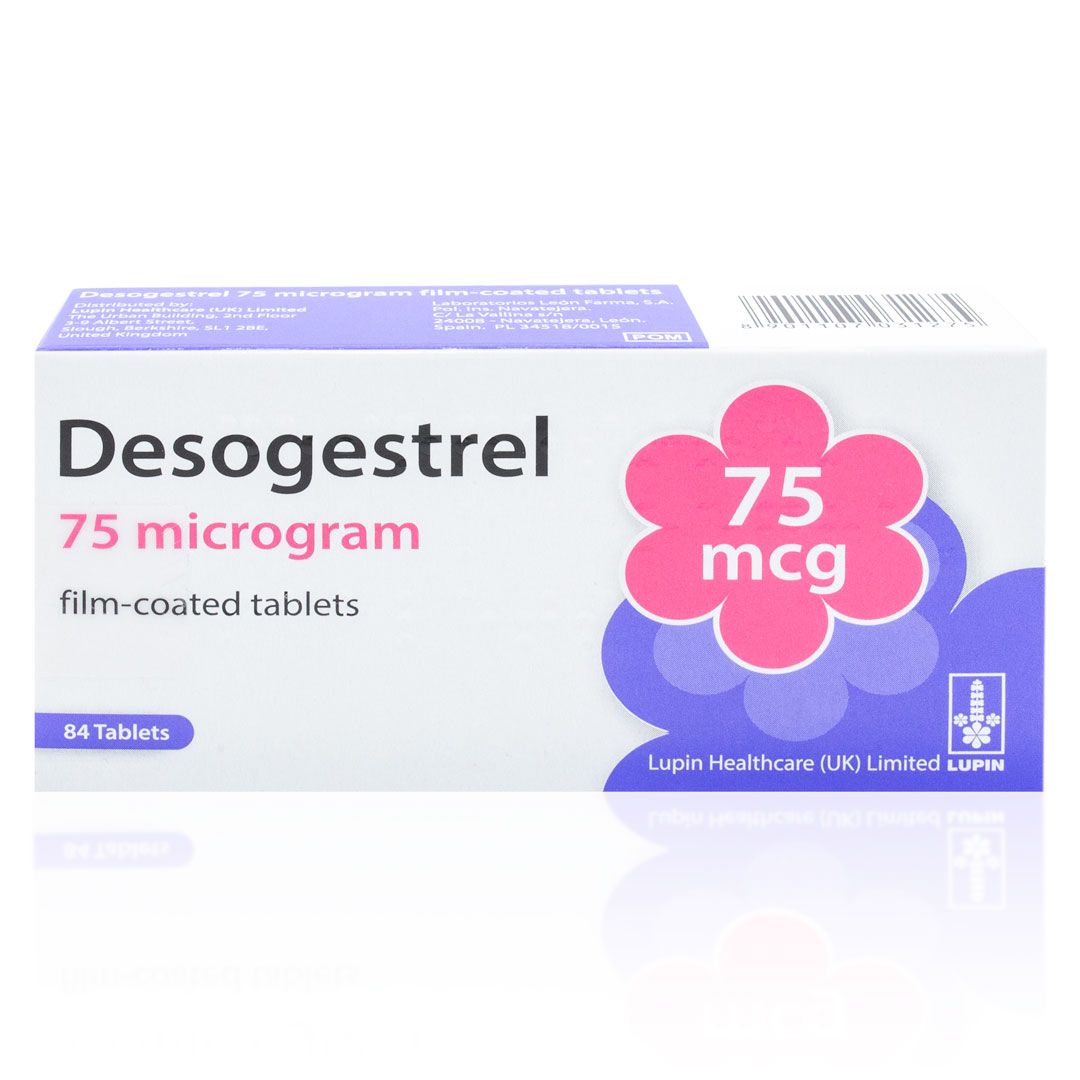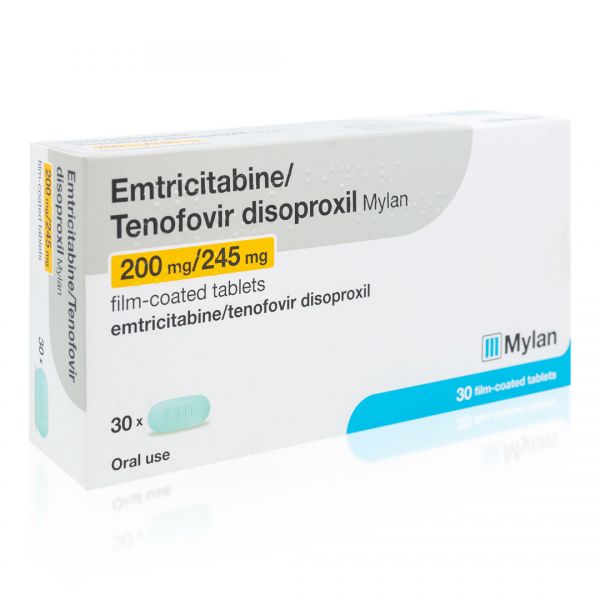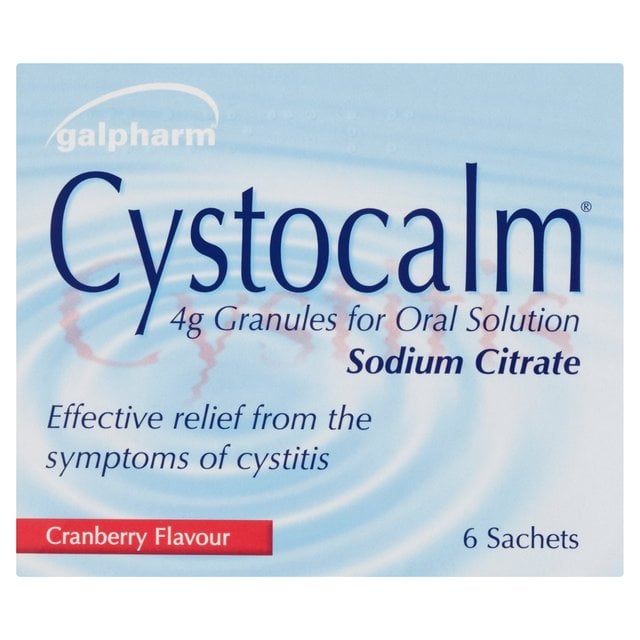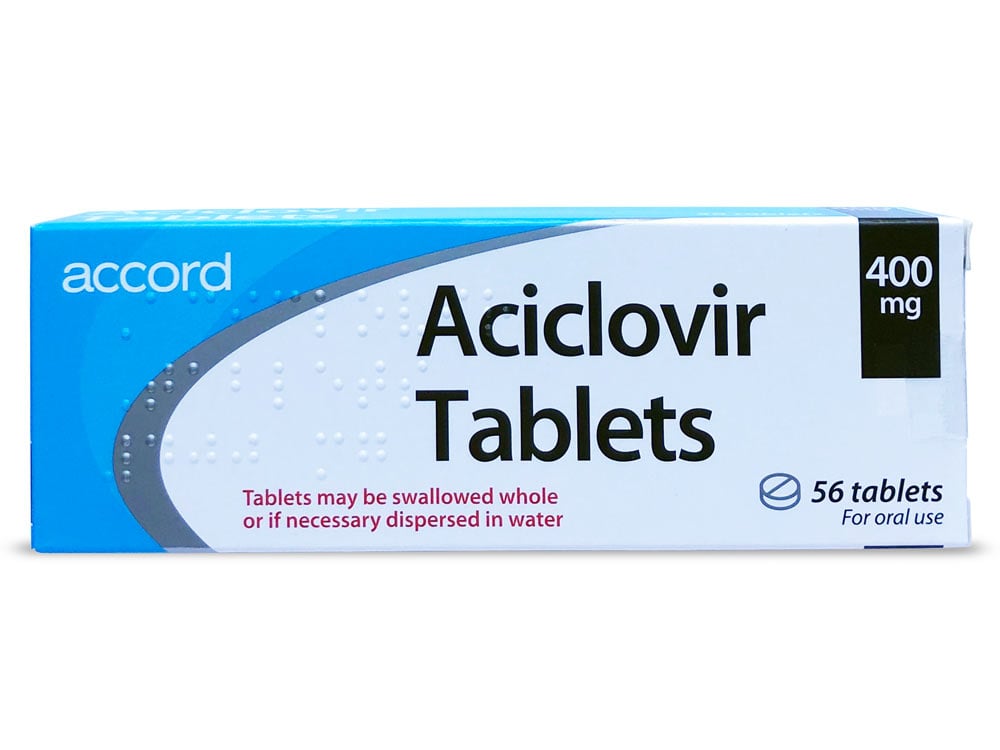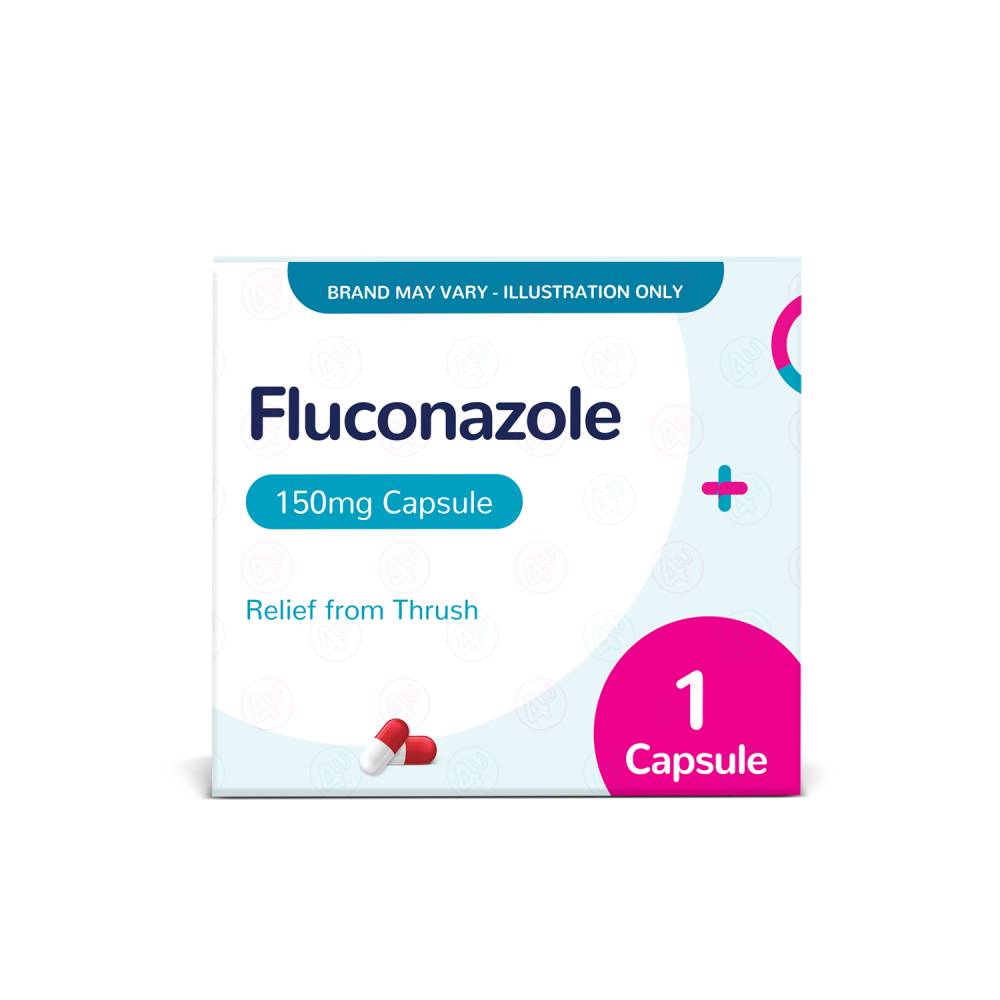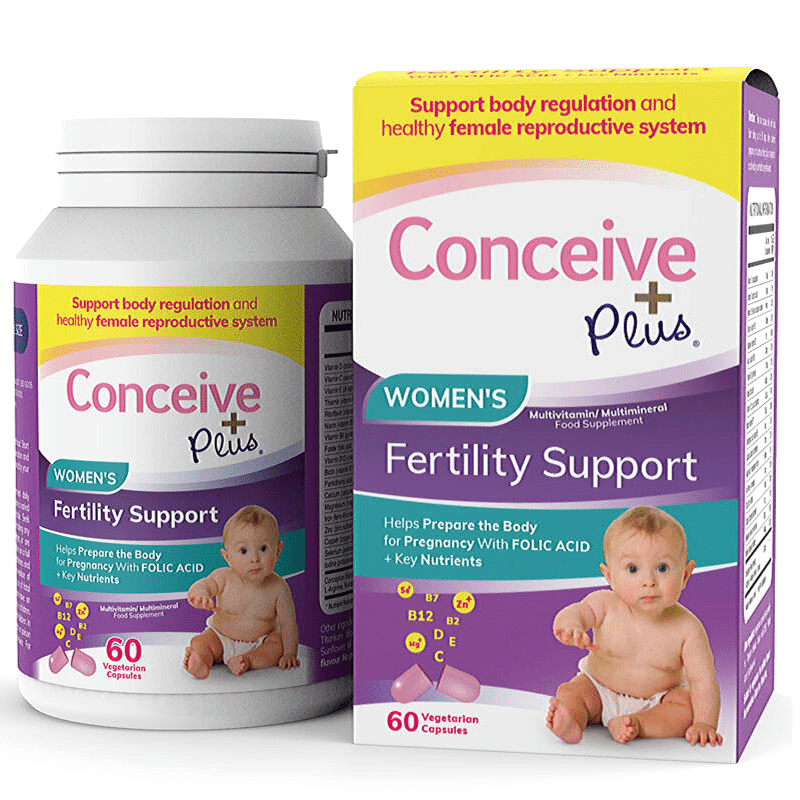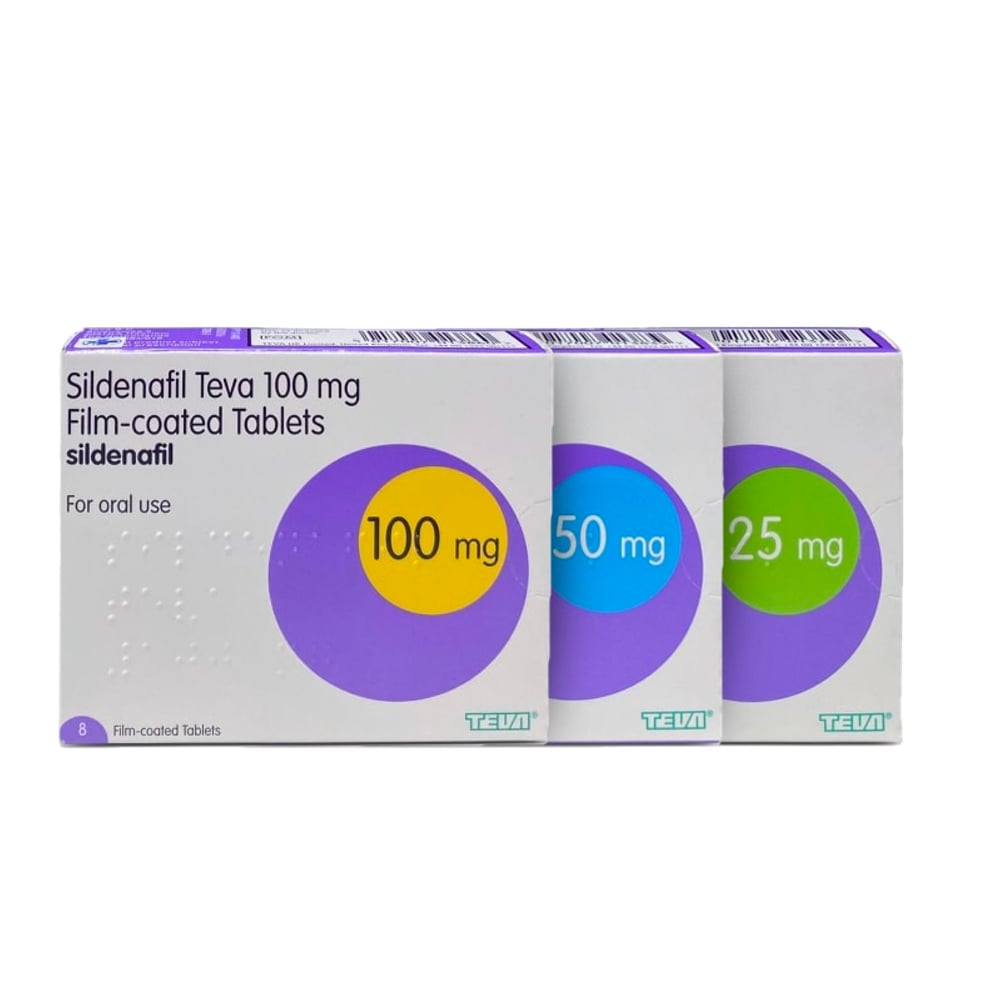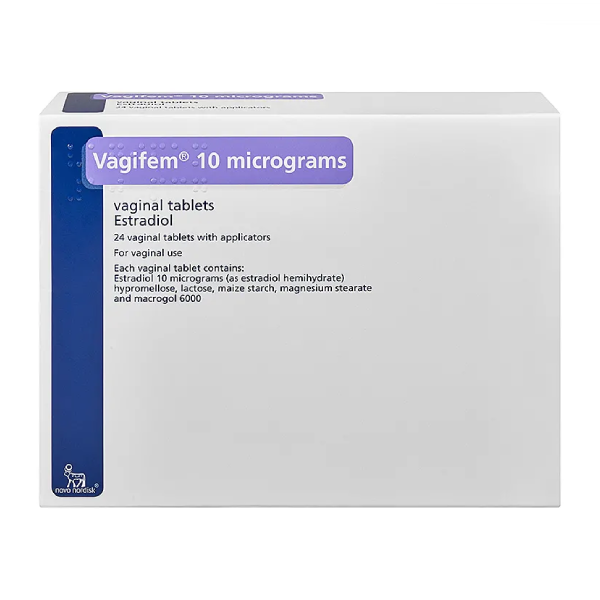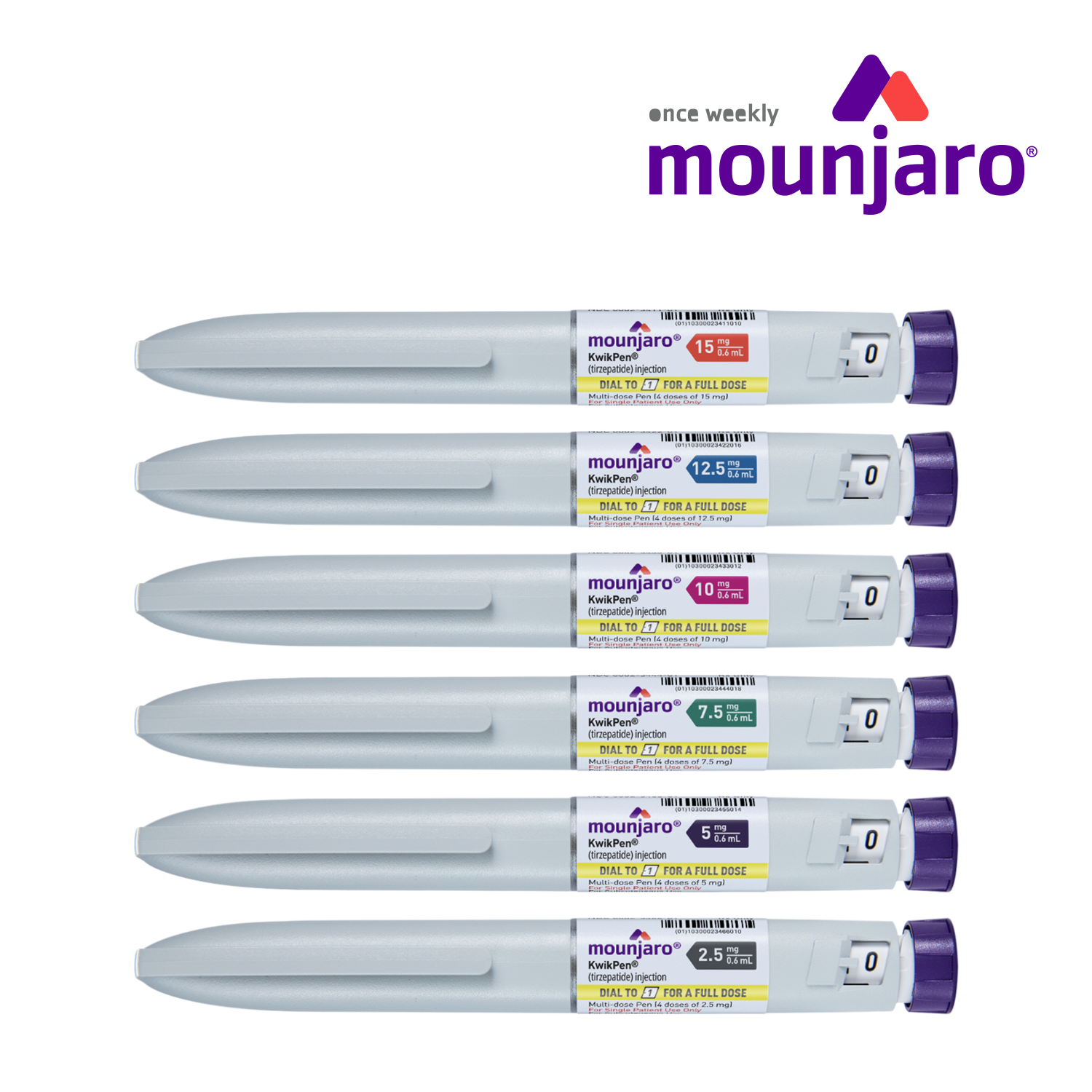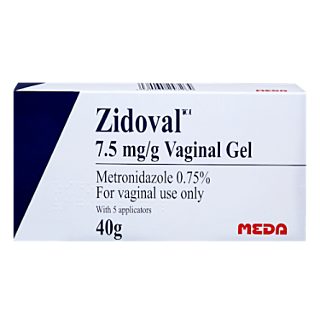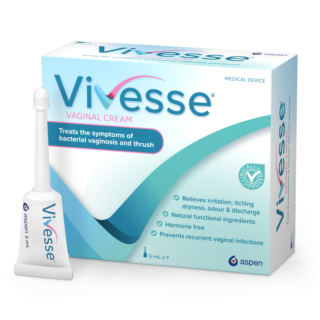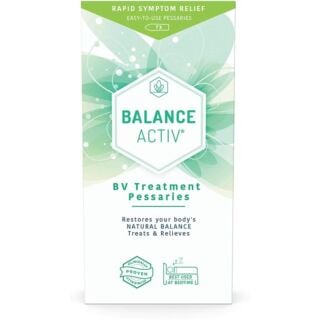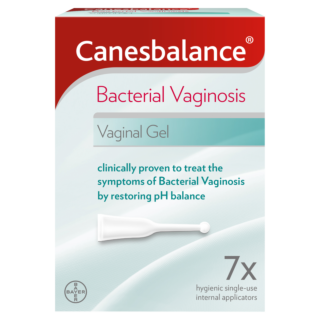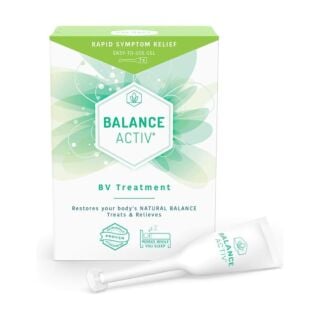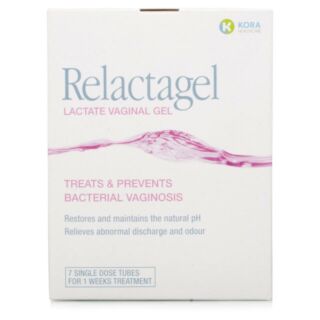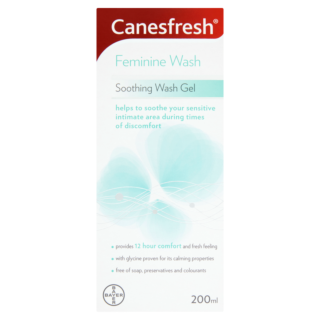Bacterial Vaginosis (BV)
If you have a vagina, you may live in fear of detecting a fishy smell from down there.1 But if you do develop the signs of bacterial vaginosis (BV), there’s no reason to panic. … Read More See less
Firstly, BV is a very simple condition to treat.1 Secondly, it’s extremely common.1 In fact, around 23-29% of people with vaginas of reproductive age will get BV.2
However, if you do have BV, it is very important to get it treated, as the condition can increase your risk of contracting sexually transmitted infections (STIs), such as chlamydia and gonorrhoea, and developing pelvic inflammatory disease (an infection of your internal organs).1
Keep reading to find out what BV is, who can get it and how it can be treated.
What is bacterial vaginosis?
In a healthy vagina it is normal to have different bacterial types in a healthy balance. 1,3 Lactobacilli normally dominate, keeping other bacterial species in check, including anaerobic bacteria. However, if your vaginal flora is disturbed, the anaerobic bacteria can sometimes grow out of control and cause BV. 1,2
BV is not an STI.1 However, sexual activity can increase your risk of developing the infection, as it can disrupt the balance of your vaginal flora.1,6 As a result, BV is more common in people of reproductive age.2 In addition, a woman can pass on BV to another woman during sex.7
Bacterial vaginosis symptoms
Many people with BV (~50%) don’t show any symptoms at all.5,7 However, for those that do, the symptoms of bacterial vaginosis include:1–4
- Unusual vaginal discharge that may be off-white, grey, thin or watery
- Discharge that has a strong fishy smell, especially after sex and during periods
- Itching or irritation around the vagina
- Burning when you pee
Bacterial vaginosis causes and risk factors
Your vaginal flora can be disturbed by anything that changes the natural chemistry of your vagina.1 As a result, certain activities can lead to BV, such as:1,3,5,6,8
- Being sexually active
- Having unprotected sex
- Douching (cleaning out the vagina with water or other fluids)
- Having a new sexual partner or multiple sexual partners
- Having concurrent STIs
- Smoking
- Using perfumed products around your vagina
- Washing your underwear with strong detergents
- Receiving oral sex
- Having an intrauterine device (IUD)
Importantly, you cannot get BV from hot tubs, swimming pools or toilet seats.1
How is bacterial vaginosis diagnosed?
If you think you have BV, you should contact your GP.4 At your appointment, they will ask you about your medical history—including previous vaginal infections and STIs—and sexual history.1,2,9
They will then perform a pelvic exam to assess your vagina for signs of infection.1,4,9 This will involve an internal examination, which may be enough to indicate a diagnosis of BV.1,4,9 However, if you tend to have vaginal discharge a lot, regardless of whether you have an infection, they may use a swab to collect a sample of your discharge.1,4,9
Your sample will be sent to a lab to test for “clue cells” (vaginal cells covered in bacteria) assess your vaginal pH (how acidic your discharge is).1,2,9 A higher pH can also indicate BV.1
If you have your period and BV, you should schedule your appointment for a day when you are no longer bleeding.9 This is because blood can make it difficult for your doctor to inspect your vaginal discharge.9
Once you have had a diagnosis, you may not need to be examined every time you think you have BV if your symptoms are typical and consistent with previous episodes. If, however, you are frequently getting recurring episodes you may need a further examination to investigate the cause of these.
How can bacterial vaginosis be treated?
Approximately 30% of cases of BV go away on their own without any treatment.1,6 Additionally, treatment isn’t necessary if you have BV without any symptoms.
If you do have symptoms, these are usually treated with antibiotics for bacterial vaginosis:1,7,6,9,10
- Metronidazole – available either as a single tablet, a course of tablets spread over seven days or as a gel to be inserted into your vagina once a day for five days. Avoid alcohol while using metronidazole and for 24 hours afterwards, as alcohol can interact with the medication and lead to nausea and stomach pain
- Clindamycin – available as a cream to be inserted into your vagina, once daily at night, usually for seven consecutive nights. The cream or gel can weaken latex condoms and cause them to break. So, unless you are using another form of contraception, you should avoid sex for at least three days after using clindamycin
If used correctly for the appropriate length of time, these drugs for BV are known to be extremely effective.6 They are also approved for use in pregnant people.6 However, if you stop treatment early, BV may come back.9
Recurring bacterial vaginosis
10-15% of individuals do not improve after their first course of antibiotics and require an additional course of antibiotics.6,7
However, BV that keeps coming back is known as recurrent bacterial vaginosis.7,9 This is common, affecting as many as 80% of individuals within nine months of treatment.6
For recurrent BV, the NHS recommends using an antibiotic gel in your vagina for a few months.7 Your GP will recommend how long you should continue treatment for and may also want to identify whether there is a specific trigger for your BV, such as sexual activity or your period.7
How to prevent BV
Anyone who has or has had BV will be pleased to know there are plenty of things you can do to relieve the symptoms and prevent BV from returning:1,6
- Wash your genital area with water and plain soap
- Have showers instead of baths
- Avoid using perfumed products around your vagina
- Avoid douching
- Avoid using strong detergents to wash your underwear
- Quit smoking
- Avoid allowing anything that has touched your anus to touch your vagina
- Limit your number of sexual partners
- Wear cotton underwear
Bacterial vaginosis and pregnancy
BV is relatively common in pregnancy, affecting around 25% of pregnant people, due to the hormonal changes that occur.1 However, some research has indicated that there is a link between BV if left untreated and complications during pregnancy, such as:6
- Premature birth
- Miscarriage
- Low birth weight
Importantly, no causal relationship between BV and these potential problems during pregnancy has yet been established.3 Furthermore, other research has indicated that these problems may have alternative causes.3
However, if you are pregnant and develop BV, you should see your GP, as they can recommend the best treatment for you.
Sources
- https://my.clevelandclinic.org/health/diseases/3963-bacterial-vaginosis
- https://www.who.int/news-room/fact-sheets/detail/bacterial-vaginosis
- https://www.mayoclinic.org/diseases-conditions/bacterial-vaginosis/symptoms-causes/syc-20352279
- https://www.nhsinform.scot/illnesses-and-conditions/sexual-and-reproductive/bacterial-vaginosis/
- https://cks.nice.org.uk/topics/bacterial-vaginosis/
- https://www.ncbi.nlm.nih.gov/books/NBK459216/
- https://www.nhs.uk/conditions/bacterial-vaginosis/
- https://womenshealth.gov/a-z-topics/douching
- https://www.mayoclinic.org/diseases-conditions/bacterial-vaginosis/diagnosis-treatment/drc-20352285
- https://www.rwt.nhs.uk/PIL/MI_12282014_13.09.23_V_1.pdf

Free delivery when you spend over £30

100% discreet delivery for every item ordered

Fully regulated UK pharmacy
What’s the difference between bacterial vaginosis and thrush?
Thrush is a common fungal infection that can affect your vagina, making it very similar to BV in some ways. Vaginal thrush and BV have quite different symptoms, so it’s usually pretty simple to tell them apart. Here’s a rundown of the symptoms you’ll experience with each one:
| Bacterial Vaginosis | Thrush |
|---|---|
| Strong fishy smell | No noticeable smell |
| Thin, watery, grey-ish discharge | White, thick, cottage cheese-like discharge |
| No itching | Itching and irritation around the vagina |
| No soreness | Stinging or burning sensation, especially when you pee |
What is bacterial vaginosis?
Bacterial vaginosis (also known as BV) is an infection in your vagina which causes an unusual, fishy-smelling discharge.
It happens when the natural balance of healthy bacteria in your vagina becomes disrupted, letting the bacteria that cause BV to grow and thrive, causing an infection.
BV usually isn’t serious, and around 50% of people who have this infection won’t experience any symptoms, but those who do will notice that their vaginal discharge looks thin, grey-ish, or watery and will have a distinct fishy smell.
Although BV isn’t an STI (sexually transmitted infection), it can be caused by sex and you may find that your symptoms are worse after having sex.
Do I have thrush or BV (bacterial vaginosis)?
If you’re not sure whether you have BV or thrush just from looking at lists of symptoms there are a couple of other things you can consider.
If you’re feeling sore, itchy, or experience a burning sensation, you probably have thrush rather than BV.
BV doesn’t typically cause any pain or irritation, whereas thrush is particularly noticeable because of those irritating symptoms.
If your vaginal discharge is greyish or watery you’re probably dealing with BV, but if it’s white and looks a bit like cottage cheese you’re dealing with thrush.
If you’re noticing a strong fishy smell, then you probably have BV, as thrush rarely causes a strong smell.
No matter what you’re dealing with, get yourself to a doctor for a formal diagnosis so you know that you’re getting the right treatment for your infection.
How should I treat bacterial vaginosis?
In order to treat your bacterial vaginosis, you’ll need to restore the acidic balance in the vagina and allow healthy bacteria to flourish.
Canesbalance Bacterial Vaginal Gel contains lactic acid and glycogen to relieve the unpleasant odour and abnormal discharge, restricting the growth of ‘bad’ bacteria and supporting the ‘good’ bacteria.
The gel is easy to insert using the hygienic single-use applicators and will treat your bacterial vaginosis in 2-3 days.
What causes bacterial vaginosis?
Bacterial vaginosis is sometimes misunderstood to be an STI, but it isn’t - it’s caused when the natural balance of bacteria in your vagina shift, causing an overgrowth of yeast.
It’s more common in women who are sexually active, have recently changed partners, have an IUD or use perfumed products in or around your vagina.
Although BV isn’t an STI, it can be triggered by sex and can be passed to another woman during sex.

